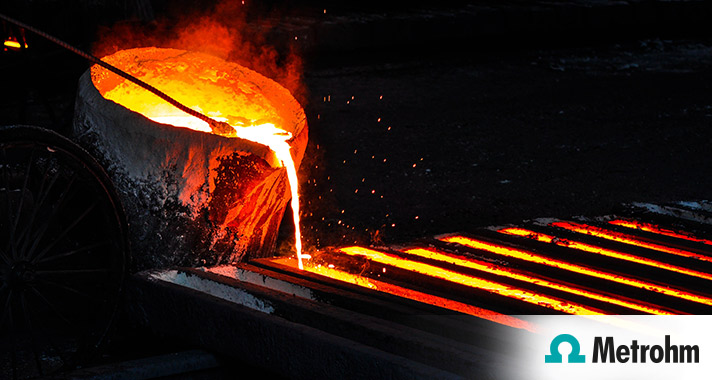Optimising the Bayer liquor process for efficient alumina extraction
Aluminium remains a metal required in large quantities for manufacturing and building world-wide.
Bayer process
Extraction of alumina from bauxite is achieved through the Bayer process, in simplified terms, dissolving bauxite in sodium hydroxide (Bayer liquor) at high temperatures and filtering off the un-dissolved impurities. After filtration, alumina is precipitated from the Bayer liquor. It is at this stage the purity of Bayer liquor is of key importance.
Oxalate and sulfate have direct impact on the precipitation and crystal formation of alumina. Monitoring of these components has been carried with anion Ion Chromatography for a long period due to high accuracy, simple sample preparation and clear separation of components.
Effect of aluminium on suppressors
An unfortunate complication of anion chromatography is the negative effect of aluminium on suppressors. Aluminium, at levels found in bauxite or Bayer liquors poison suppressors, providing an expensive consumable for analysis.
Metrohm anion suppressor
Happily, the unique design of Metrohm’s anion suppressor provides a simple, in-line process for the analysis of bauxite and Bayer liquor samples, prolonging suppressor life and minimising consumable costs.









